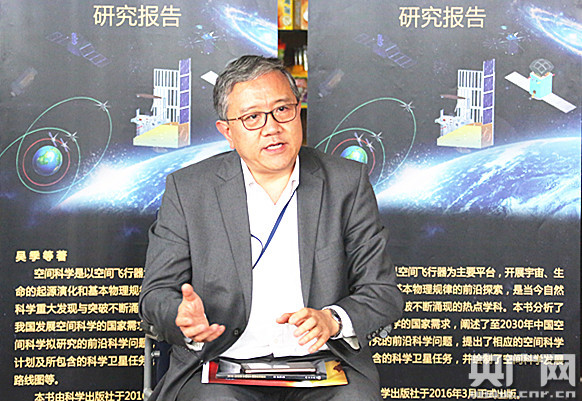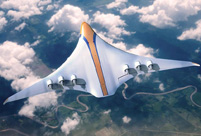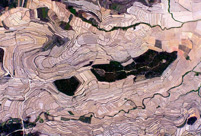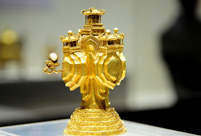

 |
| Dr. Wu Ji, director-general of the National Space Science Center (NSSC) under CAS. |
The Chinese Academy of Sciences (CAS) recently released a report, "Prospects for Chinese Space Science from 2016-2030," which outlines future roadmap for Chna's space science research.
Dr. Wu Ji, director-general of the National Space Science Center (NSSC) under CAS, has collaborated with colleagues from across the country to provide a long-term vision for Chinese space science. They have assembled a list of scientiric programs to be studied before the year 2030, including black holes, celestial bodies and Mars.
According to China's 13th Five-Year Plan (2016-2020), other fields to be studied include the evolution of the universe, the structure of matter and the origin of life.
It is expected that around 8 billion yuan will be invested in space scientific research during the 13th Five-Year Plan, 11.6 billion yuan during the 14th Five-Year Plan (2021-2025) and 15.6 billion yuan during the 15th Five-Year Plan (2026-2030).
Following the successful launch of a dark matter detection satellite in 2015, China will launch Shijian-10 satellite, a quantum science satellite and a hard X-ray modulation telescope in 2016, added Wu.
 Thai most beautiful transgender Nong Poy release new photos
Thai most beautiful transgender Nong Poy release new photos Now and then photos of Shanghai Jiaotong University
Now and then photos of Shanghai Jiaotong University Is this what air travel will look like in 2050?
Is this what air travel will look like in 2050? Aerial view of watermelon terraces in S China's Baise
Aerial view of watermelon terraces in S China's Baise Traditional wedding of a post-80s Tibetan couple
Traditional wedding of a post-80s Tibetan couple Models in cheongsams present classical oriental beauty
Models in cheongsams present classical oriental beauty Second commissioned C28A corvette made by China enters Algerian Navy
Second commissioned C28A corvette made by China enters Algerian Navy Intoxicating Wuyuan in spring
Intoxicating Wuyuan in spring Gold and silver wares of Qing Dynasty exhibited in Shenyang Imperial Palace
Gold and silver wares of Qing Dynasty exhibited in Shenyang Imperial Palace Top 20 hottest women in the world in 2014
Top 20 hottest women in the world in 2014 Top 10 hardest languages to learn
Top 10 hardest languages to learn 10 Chinese female stars with most beautiful faces
10 Chinese female stars with most beautiful faces China’s Top 10 Unique Bridges, Highways and Roads
China’s Top 10 Unique Bridges, Highways and Roads Not a child’s play: Kids working as adults to make a living
Not a child’s play: Kids working as adults to make a living Chinese town on North Korean border faces bleak business prospects
Chinese town on North Korean border faces bleak business prospects China set to boost access for US investors
China set to boost access for US investors Premier mollifies fears over economy
Premier mollifies fears over economyDay|Week